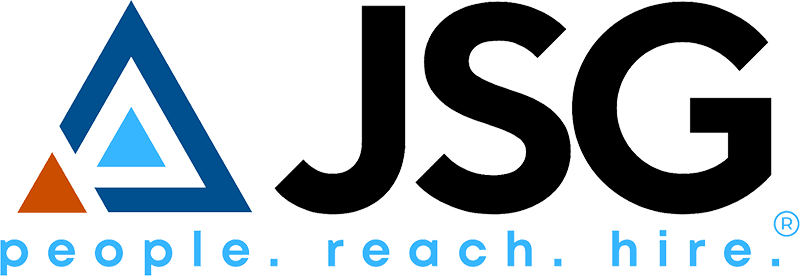
The Questions You Should Ask At The End Of An Interview
Asking good questions at the end of an interview not only shows that you were engaged and interested throughout your meeting but can also help

How to Prep for An Interview in 2021
A new year is often a symbol for a fresh start, and for many people, that means a career change. 2020 was a rough year

How to Prep for An Interview in 2021
A new year is often a symbol for a fresh start, and for many people, that means a career change. 2020 was a rough year

How to Explain Why Are You Looking for A New Job
At the beginning of almost every job interview, you will likely be asked something on the lines of, “Why are you looking for a new

How to Explain Why Are You Looking for A New Job
At the beginning of almost every job interview, you will likely be asked something on the lines of, “Why are you looking for a new

Don’t Forget This Prep Before Your Next Interview
You submitted your resume and cover letter and were fortunate enough to secure an interview. You’ve actively been performing due diligence, trying to get a



